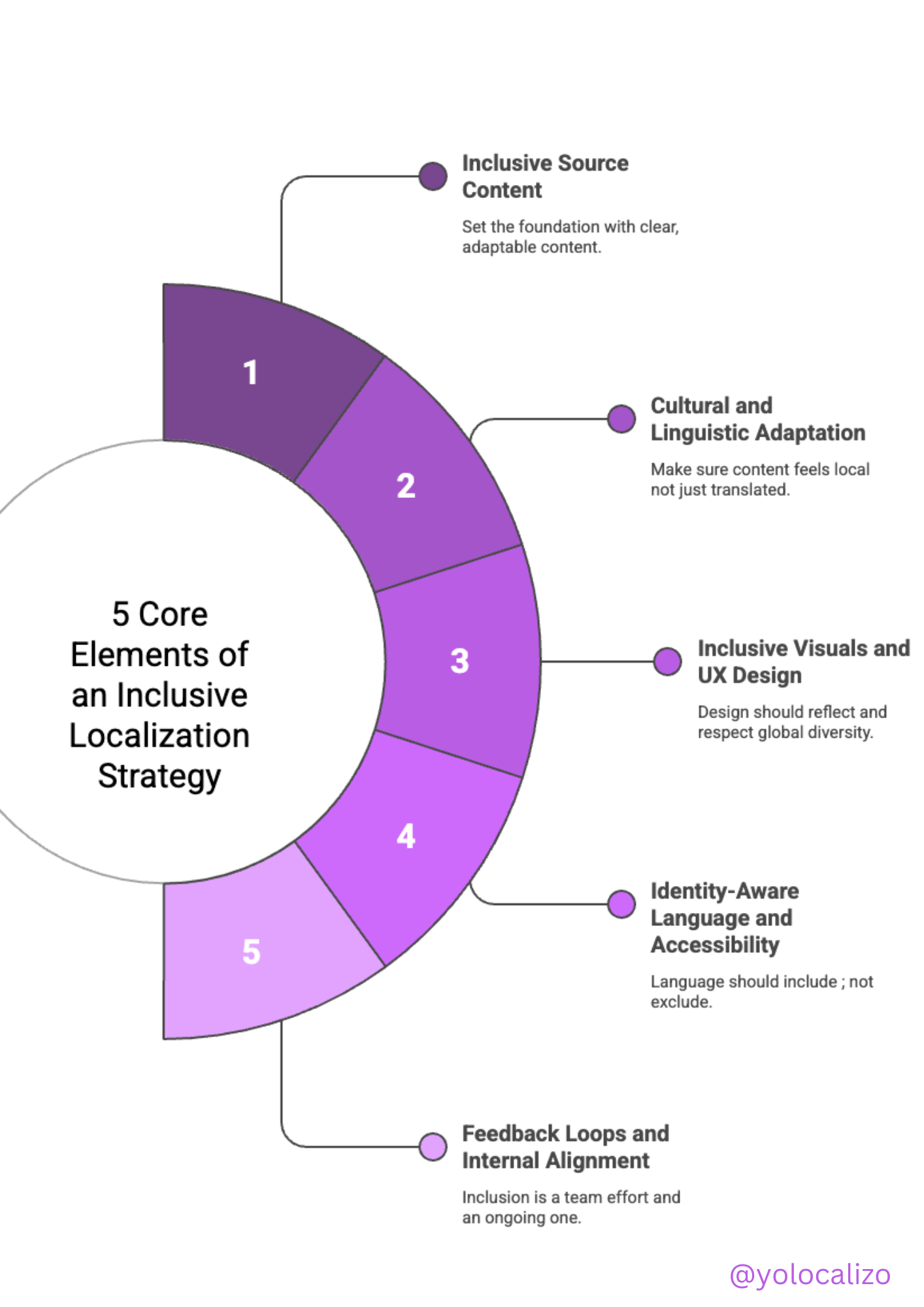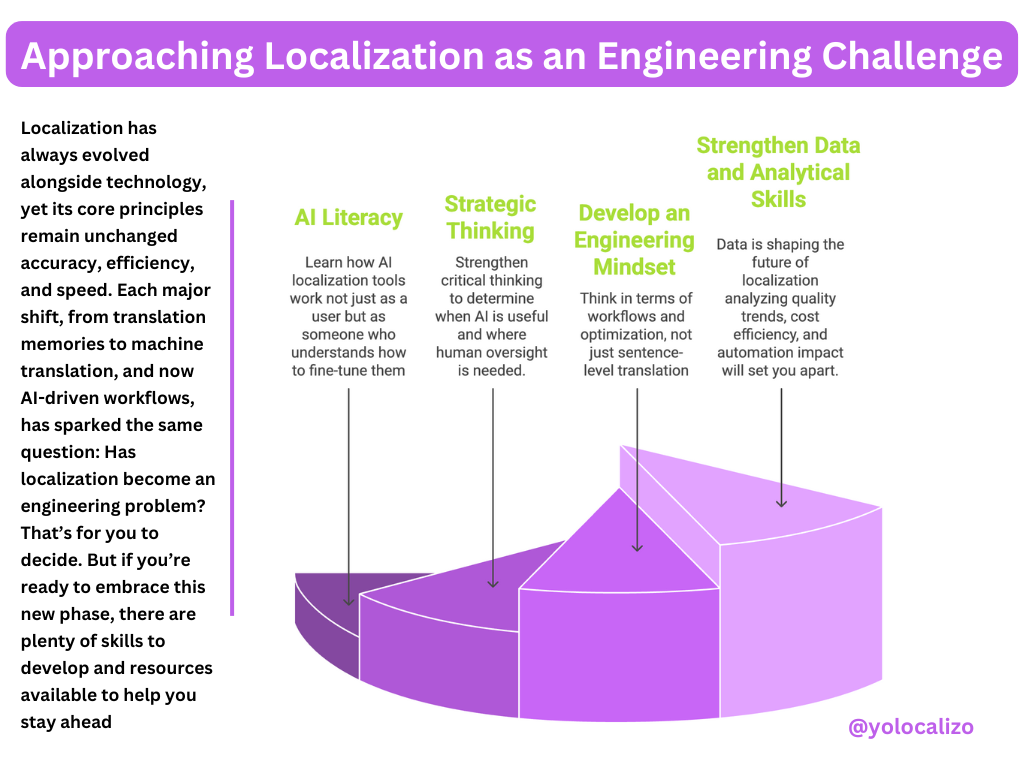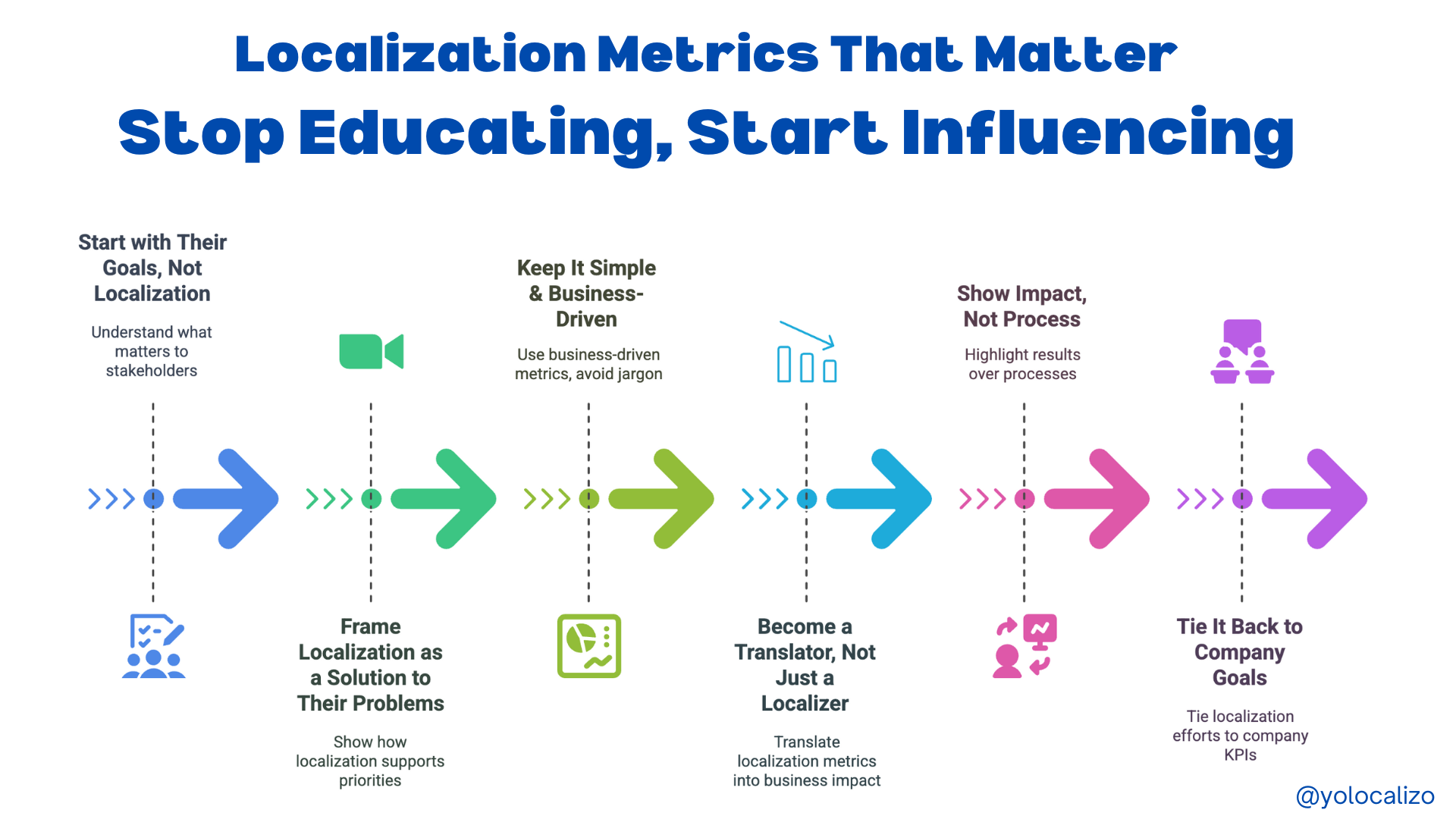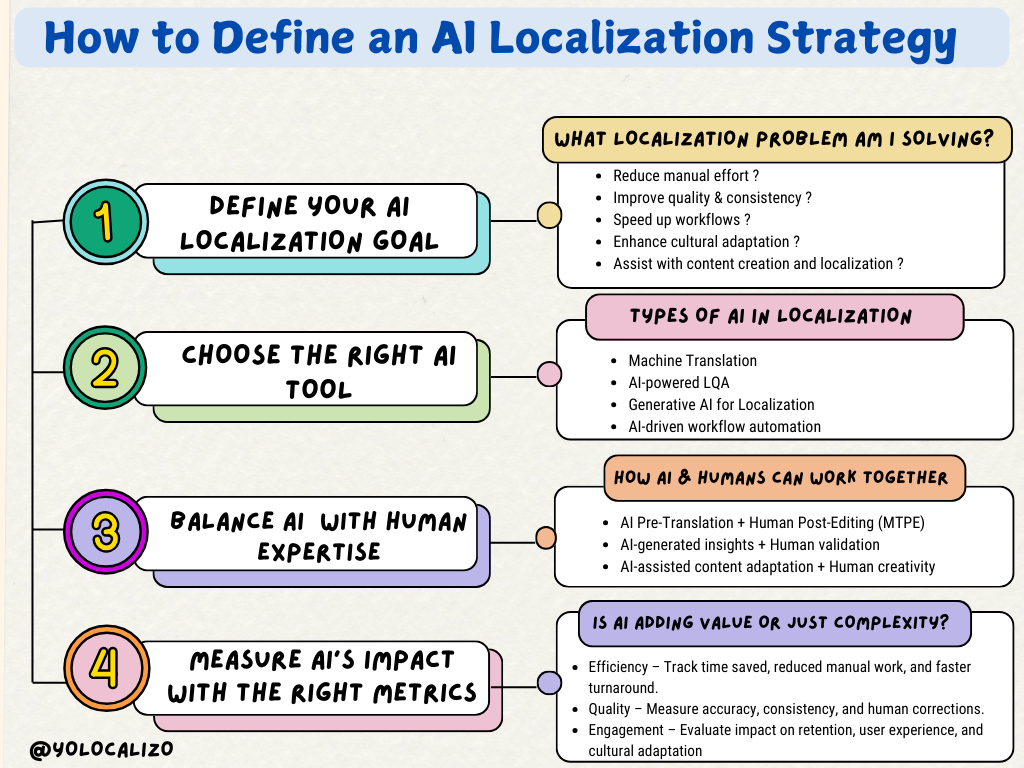Globalization is not a process; it is a cycle, and what seems like a subtle difference changes everything when it comes to shaping software development strategy.
Perhaps the most crucial task of a Globalization team (apart from executing the Localization strategy) is to give visibility to work being done and how it contributes to the company's bottom line.
And the truth is that in these times of WFH in our lives I am having more opportunities than ever to explain what Globalization is all about.
Internally working on the client-side, it is sometimes challenging to learn about all the scope planning meetings that happen in different parts of the company. But now that everything is done via Zoom, I have more meeting invites to talk about roadmaps than I have had access to in the past. Now we are all online, and I can attend the sessions I find most interesting. Another thing is if I really can/want to join so many meetings since Zoom fatigue is real.
But, the truth is that I value the fact of knowing which ones there are, and then I can decide if the topics to be discussed interest me or not and if I can contribute with something to the meeting.
In one of the meetings, I attended last week, one of the topics on the agenda was Globalization processes.
I prepared a bit of a script of what I wanted to say. And I started by saying something that usually surprises people when they hear it, which I think is one of our industry's problems.
Globalization is not a process.
It is true that when addressing the Globalization of a digital product, certain steps need to be done, and although in a way they are processes, checklists, test cases, etc. . software Globalization is much more than a process. It is a way of thinking, and it is a way of doing business. It is a way of establishing a lasting relationship with customers in different regions of the world.
A company that genuinely has a Globalization mindset has local strategies that support the company's overall objectives. It seems contradictory, but in reality, one of the best yardsticks to measure the maturity of the degree of Globalization that a company has is to evaluate the number of strategies for the different markets in which it operates. No, Globalization is not a process; it is rather a framework, an umbrella to use a metaphor, an umbrella under which technology, business, and culture meet.
Globalization is not a process because a process generally implies something that is executed once and that's it, done and over with.
I see it more as a cycle of different activities that succeed each other in which the ultimate goal is to grow in more than one market at a time. I have seen many cases of companies claiming to be global. I have seen important budgets that invest in market research, development, and design to ensure that the software is top-notch for the home market in which the company is operating. And then that same company that prepares its product with so much care turns out to treat international markets differently.
They are looking to save costs on translation work.
They are looking to short the schedule to make a release as soon as possible, even if there is not enough time to carry out LQA work as thoroughly as necessary.
Suppose the following scenario: in the home market product, no effort is saved; Development and QA are invested in an exhaustive way running multiple test cases and doing stress testing and compatibility testing to offer a quality product.
We devote a lot of time and resources to the home market version. Months of development, sometimes even years, but then when it's time to release the software in multiple markets we get in a hurry and want to have it localized and LQA everything in a couple of weeks. This is not the best way to embrace a global expansion strategy.
Why in the localized versions, are the standards lowered, and less attention is paid to the quality of translations and the quality of LQA?
In my opinion, this happens because many companies consider these markets as secondary.
This is something that they will not recognize clearly, but in the end, it happens because they see the work of Globalization as a process, not as a cycle that begins in the ideation phase.
They face it instead as an afterthought once the home product is defined. When a company considers the work of Globalization as a cycle and not as a technical process, what happens is that the company has changed its mindset. And when that happens, they see Localization, Translation, LQA as part of something bigger.
Below is an infographic that I think perhaps best represents the words written above.
What is your opinion of all this? Globalization, Localization, etc. is something we do once, and that's it? Is it a process? Or have you managed to get developers and development teams, in general, to see it more as a cycle that should be executed in parallel to the software development process?
Leave your comments below, I would love to hear your point of view.
@yolocalizo














Localizability has always been a challenge small issues in source content often lead to big problems later in translation. In this post, I explore how AI is giving localization teams a powerful new way to improve source quality, reduce friction, and create better content for every market right from the start.